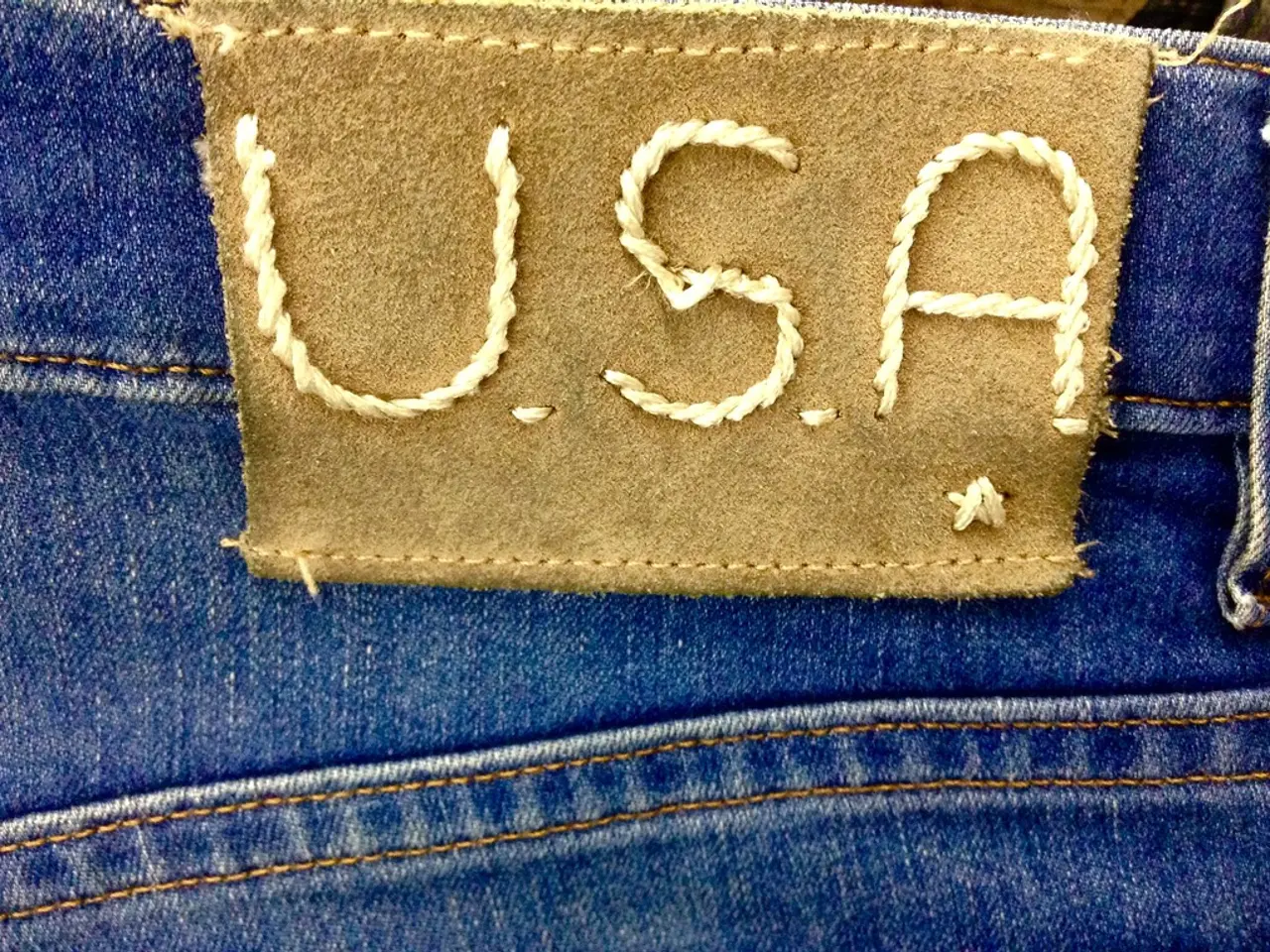Uganda Unearths Leather Pants from Ankole Cattle Instead of Traditional Deer Source - Uganda unearths leather pants from Ankole cattle instead of traditionally using deer hide
In the heart of Uganda, a unique collaboration is unfolding as Bavarian expertise meets local creativity. The project, spearheaded by Gulu's mayor, Alfred Okwonga, aims to produce traditional Alpine leather pants from the hide of Ankole cattle, an African breed known for its massive horns.
This venture is inspired by Okwonga's visit to the Munich Oktoberfest last year, where he was captivated by the traditional attire and saw an opportunity to replicate a similar event at home. His ambition is to attract 30,000 visitors to the upcoming event, scheduled to take place from October 6th to October 14th.
The locals in Gulu have taken up sewing these leather pants to ensure appropriate attire for visitors. Axel Munz, the managing director of Angermaier, a traditional clothing company, believes that manufacturing these pants requires expert guidance. Two specialists would need to be present permanently to guide the production, according to Munz.
The initial prototypes were simply leather shorts, but progress has been made. Munz finds them quite good considering the circumstances, yet he sees room for improvement in the leather quality and processing. He notes that it takes two years for a production to reach the necessary quality, so Ugandan leather pants made from Ankole cattle this year may not be a reality.
The use of Ankole cattle parts in handicrafts is not new in Uganda. This suggests that there is a tradition of utilizing materials from these animals in local crafts and possibly in leather production. However, the specific production of Oktoberfest leather pants from Ankole cattle hide is a novel endeavour that requires careful consideration and attention to detail.
The project is not without challenges. Sourcing materials sustainably, ensuring quality production, and navigating market demand are just a few of the hurdles that need to be overcome. The economic context of Uganda, with a significant rise in trade, could influence the production environment positively or negatively depending on factors like resource availability and market access.
Wolfgang Wiedmann, the honorary consul of Uganda for Bavaria and Baden-Württemberg, has suggested considering the production of Oktoberfest attire in other countries like India, China, and Sri Lanka, given the large number of young people seeking work in Uganda.
Despite the challenges, the project in Gulu represents an exciting fusion of cultures and traditions, and it will be interesting to see how it evolves in the coming months.
The community policy on the environment in Gulu, Uganda, should consider the sustainable sourcing of materials for the production of traditional Alpine leather pants from Ankole cattle hide. Although the fashion and beauty of these unique attires is intriguing, the project's success relies heavily on education and self-development for the local artisans to achieve the required quality and processing. Furthermore, general news outlets should report on the progress of this novel endeavour and document its impact on the local lifestyle, technology, and economy.




